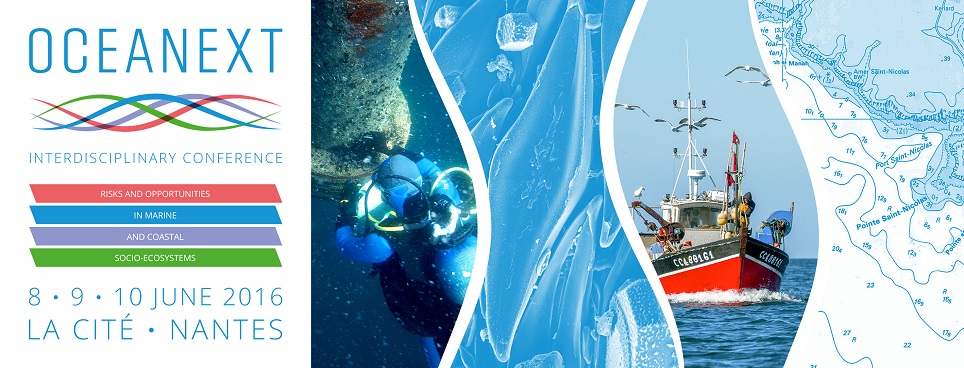Human health is affected by substances in marine waters in various ways. Health effects can be due to short term microbial pollution events or long term exposure to low concentrations of chemicals or micro-plastics in marine food stuffs. Plastics are emerging as a transport vector of toxic chemical contaminants and potential human pathogens pollution with increasing importance.
Short term events of pathogenic organisms and algal blooms can cause diseases after bathing or shellfish consumption. Due to the short term and patchy nature of these events monitoring at weekly intervals or less is likely to miss the contamination events. Therefore early warning for bacterial pollution and algal bloom based on monitoring would require high-frequency measurements at many locations. With traditional methods this is very costly. Therefore alternative measurement methods are explored that would allow monitoring with sufficient spatial and temporal coverage at acceptable costs. Additionally to monitoring, the risk of microbial pollution can be estimated with models based on historic relations between data of contamination events and variables that can be measured more easily, such as meteorological and satellite remote sensing data. We have investigated these methods in several case studies world-wide. These include prediction of pathogenic pollution and algal blooms in bathing waters and aquaculture areas in the North Sea and Singapore coastal waters. Such early warning systems are expected to reduce threats to public health considerably.

 PDF version
PDF version
